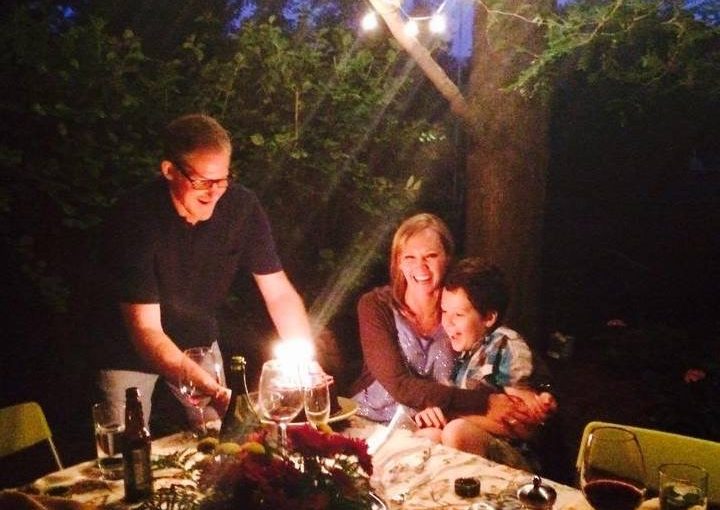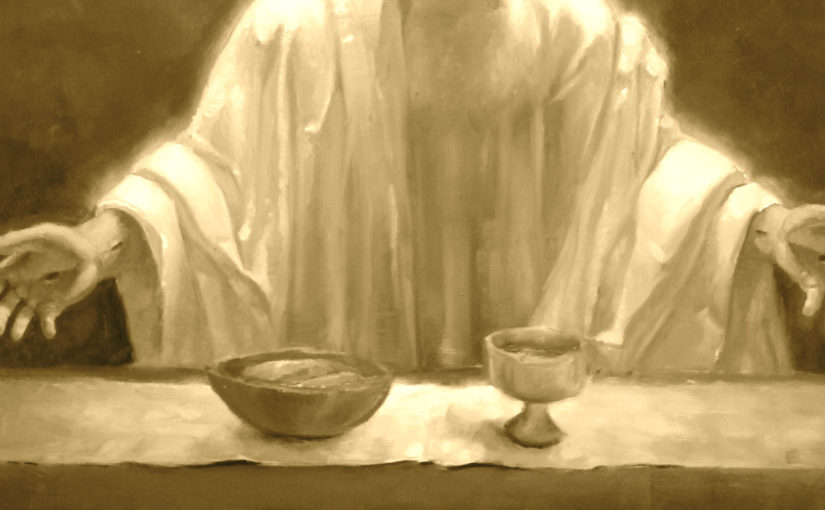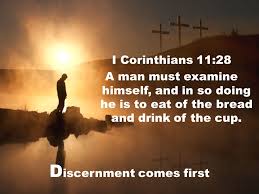Many thanks to my friend Erin Straza who was so gracious to agree to write for Bible Journal this week. Her encouragement as a friend and a fellow artist has been a blessing to me over the last year. She is an insightful and heartfelt writer. I am looking forward to her new book about comfort detox that releases in February.
I first met Erin when she was the staff writer for Spread Truth Ministries (spreadtruth.com). This team is best known for their amazing condensation of the bible to a brilliant, compelling, five minute animation which is inspiring millions across the world in thirteen languages and soon to be twenty two!
Now Erin’s fine work:
God’s Comfort Distribution Strategy
If our country had a national emotion, it would certainly be happiness. The pursuit of it is written into our founding documents. It’s become the highest aim of our lives and even our in-the-moment choices. Although being happy isn’t wrong, it isn’t the only emotion we will experience in this life. When other feelings show up and crowd happiness out, it’s easy to feel like a failure.
Something I appreciate about the Bible is that the authors are real people who experience real feelings—and not just the socially acceptable ones. Even Paul—who seems to be a persistent, get-it-done, no excuses sort of guy—admits to a whole host of emotions.
Today’s reading includes a portion of Paul’s second letter to the believers in Corinth, in which Paul admits to the entire church that he had been depressed (v. 6) because their “bodies had no rest, but we were afflicted at every turn—fighting without and fear within” (v. 5). We’ve all had seasons when nothing seems to be going well and it robs us of rest physically, emotionally, and spiritually. Although we don’t know the extent of Paul’s despondency, whether it was short-lived discouragement or debilitating depression, he willingly confesses his struggle, his pain, his weakness.That’s a brave soul, indeed.
Admitting these needs is necessary, however, if we are to receive the comfort of God. He is our Comforter, our solace for every trouble. We know this—in theory. But in practice? Well . . . we all could use a bit more practice!
Practicing the practice of finding our comfort in God takes a concerted effort. We’ve been conditioned by our culture—and ultimately, our sin nature—to grasp for comfort everywhere else but God. Our efforts fall short because God made us for Himself, as Pascal has said. To this end, I see two principles in 2 Corinthians 7 that help us practice finding our comfort in God.
No Hiding: Learn to Receive. When I’m downcast, reaching out to others for help takes all the courage I can muster. I need courage to be real like Paul was—upfront, no mask, no hiding. But mainly I need courage to be tended to in my moment of need. Inviting others to draw near and be close when I am at my lowest is a place of great vulnerability. The people I invite into this tender realm must be trusted allies who speak full truth in full love. Coming to others with my full self requires that I allow others to come to me with their full selves too. This is the mark of Christian community, where everyone is “walking in the light;” it’s essential if we are to enjoy true “fellowship within one another” (1 John 1:7, ESV). Learning to receive help and comfort from others is foundational to a healthy fellowship—and a healthy person.
No Hoarding: Learn to Give. In this world of trouble, it’s tempting to back away from people like Paul who confidently announce their needs. But a healthy fellowship cannot have members who only know how to receive help and comfort—they must also know how to give it away. Sometimes I withdraw from others because I don’t want to invest the energy required to be a comfort. Sometimes the magnitude of a need just plain scares me. But as a recipient of God’s mercy, I am now commissioned as a steward; hoarding the comfort I’ve been given is not becoming of God’s redeemed. Paul explains how comfort is meant to be the gift that keeps on giving:
“But God, who comforts the downcast, comforted us by the coming of Titus, and not only by his coming but also by the comfort with which he was comforted by you.” (2 Corinthians 7: 6–7)
Paul received comfort from Titus, who got it from the Corinthian believers. Ultimately, the comfort came from God who, it seems, “comforts the downcast” through His people. We are truly His comfort agents, commissioned to give away all that God has given us, wherever we find a need. Comfort is never meant for a single, onetime use. It grows in power when we pass it on.
In sum, all comfort comes from God, as He is “the God of all comfort (2 Cor. 1:3). But God often uses flesh-and-bone people to deliver it. Comfort abounds when we readily admit our own needs and readily tend to the needy. In this life, happiness may come and go with our circumstances, but God has a comfort that prevails when His people refuse to hide and learn to give.
Today’s reading link: 2 Samuel 14; 2 Corinthians 7; Ezekiel 21; Psalm 68
Erin Straza is a freelance writer, editor, and marketing communications consultant. Her first book, Comfort Detox: Finding Freedom from Habits That Bind You, releases February 2017 from InterVarsity Press. Learn more at erinstraza.com.












 The days are long but the years are short. Let’s set our best example of Jesus for others. In my study bible it shares some great verses to help us along this path.
The days are long but the years are short. Let’s set our best example of Jesus for others. In my study bible it shares some great verses to help us along this path.